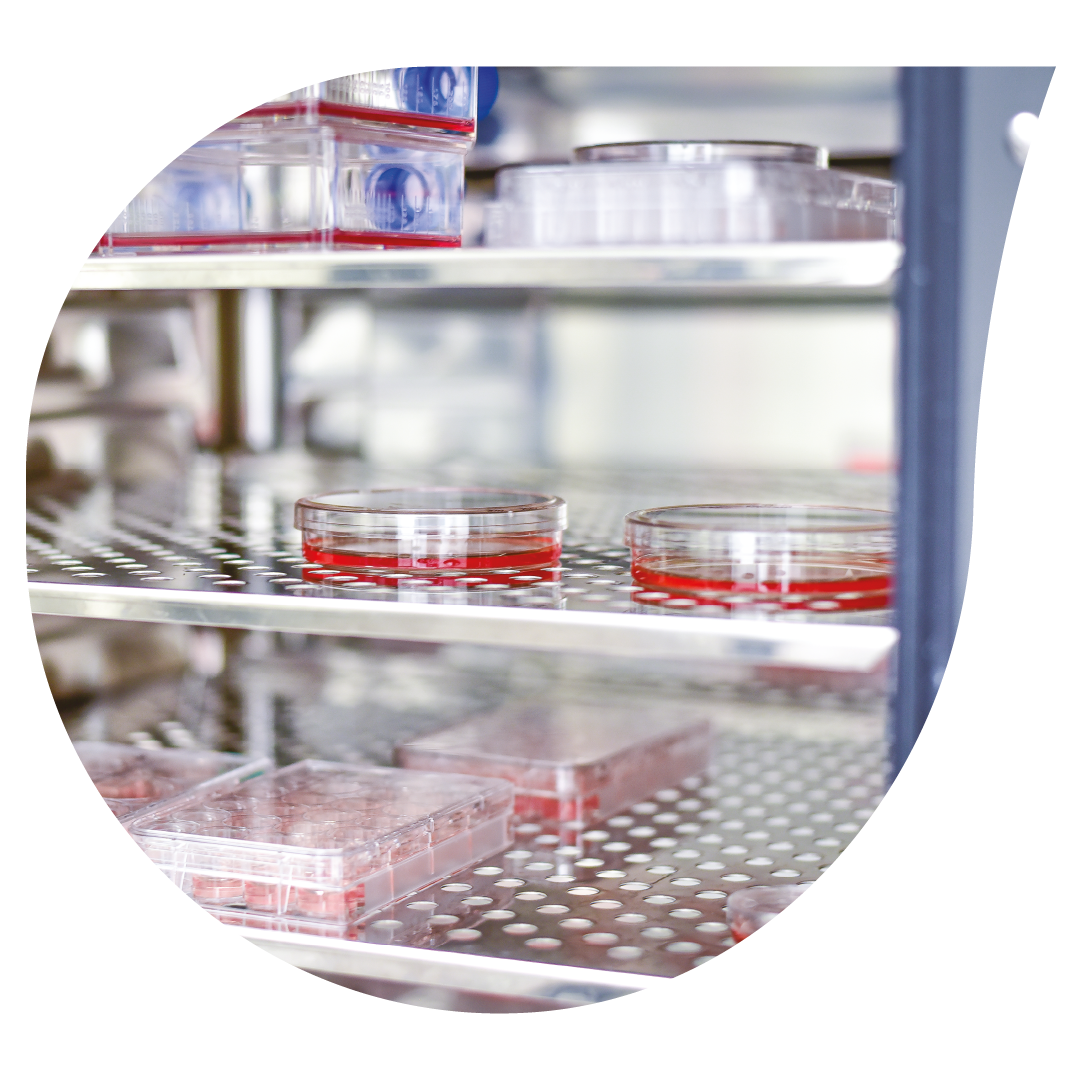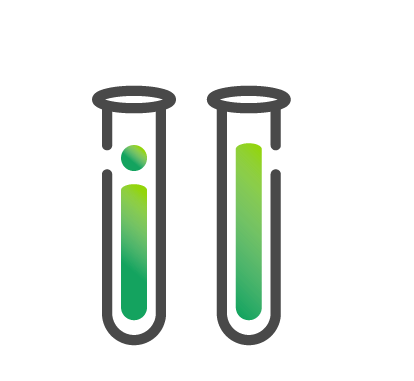COSMETICS – In vitro testing

Tolerability studies:
- Cytotoxicity test (monolayer culture test).
- Irritation and sensitization (Elisa test)
- Eye irritation test on corneal epithelium
- 3D reconstituted (OECD TG492)
- Ocular corrosion test
- Skin irritation test on cells in monolayer
- Skin irritation test on in vitro reconstituted epidermis
- Skin corrosion test
- Percutaneous absorption test
- Skin sensitization test (THP-1, dendritic cells)
- Phototoxicity test
- Ames test: mutagenesis
- In vitro carcinogenesis test
Our cell biology and toxicology laboratories perform in vitro safety and efficacy testing using numerous cell lines and in vitro reconstituted tissues (3D tissues).
OECD and ISO protocols enable accurate testing of both raw materials and consumer products such as cosmetics, detergents, and biocides.
Efficacy studies:
- Antioxidant and antiradical activity test on skin cells (ROS analysis);
- Dermal anti-aging/redensifying activity test:
- Test of anti-inflammatory activity on monolayer cell cultures and reconstituted epidermis (3D tissues)
- Assessment of pro-inflammatory potential by analysis of cytokines and growth factors (IL-1α, IL-1, IL-8, GM-CSF, TNF-α)
- Cell proliferation assays on skin cells
- Melanogenesis modulation assay
- Percutaneous absorption test on the reconstituted epidermis
- Test of barrier effect on the reconstituted epidermis
- Test of wound healing activity on endothelial cells and keratinocytes/fibroblasts
- Testing modulation of immune response by analysis of specific mediators (example: histamine, IL-1α, TNF-α) for antipruritic activity, sensitization inhibition, immunostimulatory activity
- Assessment of cellular senescence
- Assay of seborestitutive activity: lipase inhibition
- Evaluation of 5-alpha-reductase inhibition
- In vitro moisturizing activity test
- SPF, UVA-PF, and criticality determination in vitro
Learn about testing in cosmetics

Microbiology

Chemistry

In vivo testing

